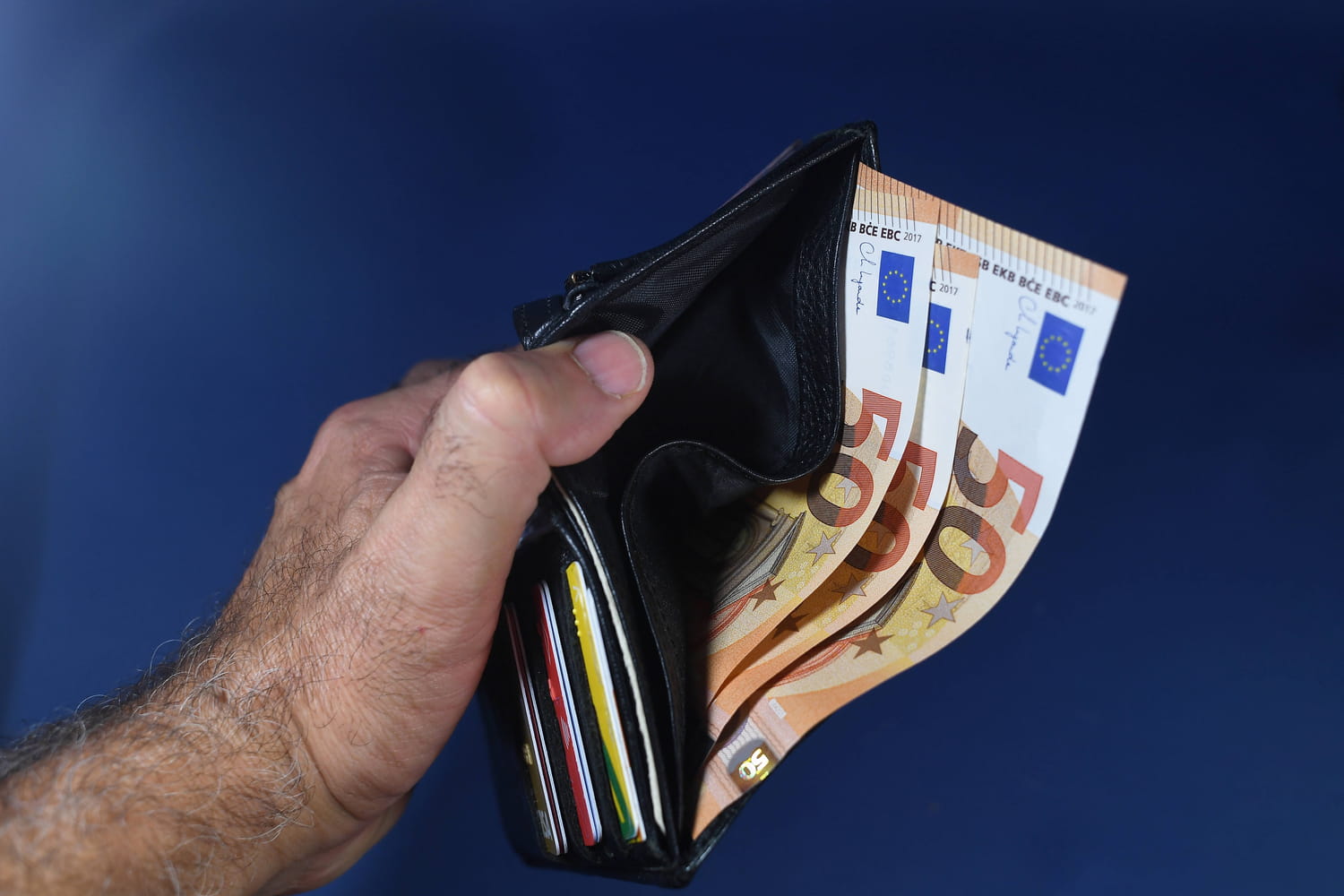Many people give in to the sirens of online compulsive purchases, and there are also many to regret it. To avoid biting your fingers afterwards, a specialist gives his trick.
Many people are subject to compulsive purchases, and online shopping tends to strengthen this trend. Especially with the direct sales features that are now found on certain social networks! From now on, when an influencer or a brand reveals a product, it is possible to buy it in the moment. And it’s not for the best, as revealed by a Wallethub survey. 74% of respondents said they bought products they didn’t need and, even more worrying, 63% said they had regretted a purchase made on social networks. If 20% are satisfied with their acquisitions and 40% say they had no unpleasant surprises, 18% denounce scams and 20% consider their purchases unnecessary.
The regrets and the fact of estimating that they do not need certain objects purchased clearly show the compulsion hiding behind these acquisitions: we buy and we reflect afterwards. To remedy this, Tiffany Aliche, financial educator, gave his advice in an interview for CNN. This specialist explains that it is common to give in to compulsive purchases, because we receive a “shoot” of dopamine when clicking. Justine, who follows a site of good deals, confirms that she almost bought coffee packets in grains just because there was a big promotion, when she did not have the appropriate machine.
In order not to acquire something that we could regret later, Tiffany Aliche unveils his golden rule: forcing himself to wait. “”I tell myself that I am not allowed to buy something, at least for a week or two “she said. In the same way, she sometimes puts articles in her basket without validating it right away. “My basket is filling up, and I realize that I don’t really want (buy) that. I tell you, it will completely transform your way of spending money”she says.
The expert also gives other tips to resist the call for compulsive purchases, such as not registering her bank card number on sales sites, in order to need to go and have to get her card and have to enter the numbers for each purchase. Thus, this gives time to think and can discourage purchases on a whim by slightly slowing down the process.
As Tiffany Aliche explains, many of his compulsive purchases are made in the evening. And to fight against that, she decided to uninstall on her phone the shopping applications or those who push for purchases, such as social networks. By downloading an application designed for, it is also possible to block their use for a few hours.








